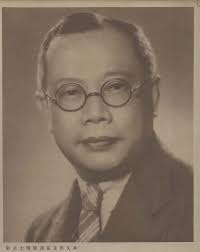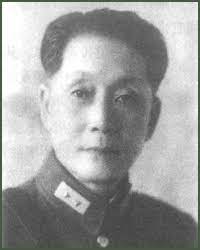Ma Chan-shan (1885-29 November 1950), governor of Heilungkiang at the end of 1931. He and his Manchurian troops gained worldwide attention during the Nonni River battle of November 1931. Little is known about Ma Chan-shan's family background or early years except that he was born in Huaiteh, Fengtien Liaoning;, and that he joined the Fengtien […]












